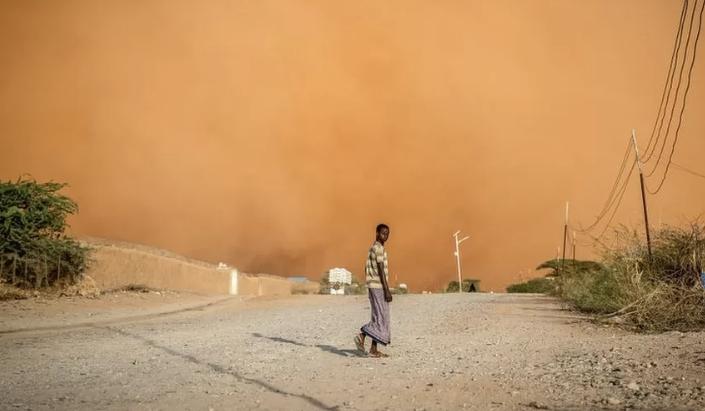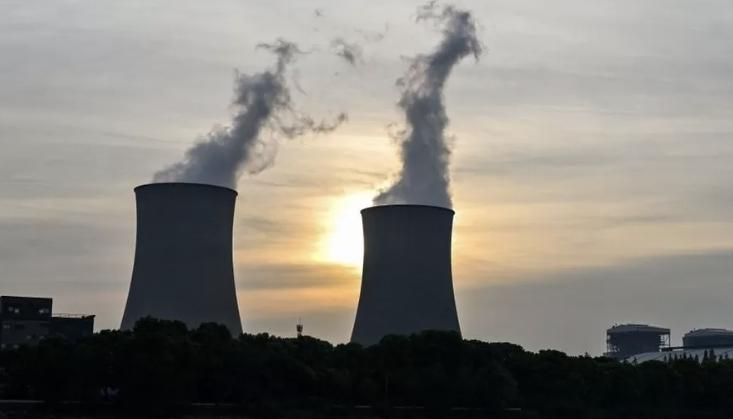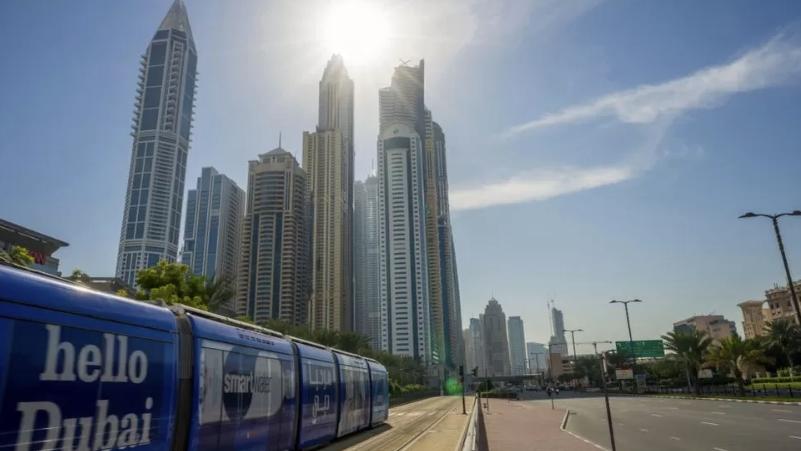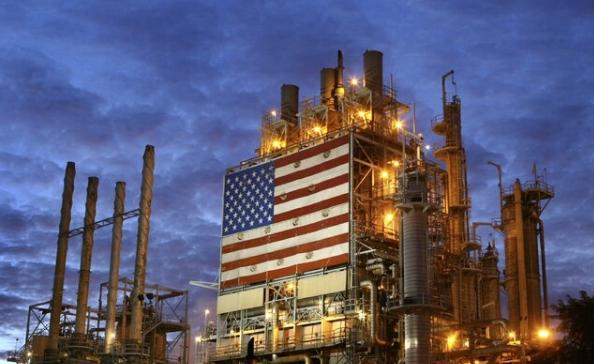Global heads of state are poised to engage in critical discussions on climate change at a significant UN summit in Dubai. This conference comes in the wake of a year marked by severe weather events and numerous shattered climate records.
What is COP28, and Where Will It Be Held?
The 28th annual meeting of the United Nations (UN) regarding climate, known as COP28, is a platform where nations deliberate on strategies to mitigate and adapt to climate change in the future.
This event will be convened in Dubai, within the United Arab Emirates (UAE), from November 30 to December 12, 2023.
“COP” stands for “Conference of the Parties,” referring to the signatory countries to the initial UN climate accord established in 1992.
What Makes Hosting COP28 in Dubai Controversial?
The UAE ranks among the globe’s top ten oil producers. Sultan Al Jaber, the CEO of the national oil company, has been designated as the president of the COP28 negotiations. Oil, alongside gas and coal, which are fossil fuels, are primary contributors to climate change as they emit greenhouse gases such as carbon dioxide when utilized for energy.
Yet, Mr. Al Jaber’s oil firm is planning to enhance its production capabilities. Campaign group 350.org has likened this to “the equivalent of assigning a tobacco company’s CEO to lead a conference on cancer remedies.” However, Mr. Al Jaber contends that his dual role as a leader in the oil and gas sector and as chairman of the renewable energy company Masdar places him in an advantageous position to advocate for change, noting his role in promoting clean technologies such as wind and solar power.
What Significance Does COP28 Carry?

COP28 is anticipated to play a critical role in sustaining the ambition to cap global temperature increases at 1.5C, a goal nearly 200 countries committed to in the Paris Agreement of 2015. The UN’s Intergovernmental Panel on Climate Change (IPCC) deems the 1.5C target vital to prevent the worst outcomes of climate change.
Current long-term warming is about 1.1C or 1.2C above pre-industrial levels – before the large-scale burning of fossil fuels began. Nonetheless, projections indicate a potential rise of approximately 2.5C by the end of the century, even with current commitments to cut emissions, with the UN warning that the window to maintain the 1.5C threshold is “rapidly narrowing.”
What Topics Will COP28 Address?
The agenda for COP28 will focus on numerous areas, including:
- Accelerating the transition to renewable energy sources to significantly reduce greenhouse gas emissions by 2030.
- Implementing financial mechanisms for climate-related actions from wealthier to less affluent nations and formulating new agreements for the development of these nations.
- Putting an emphasis on biodiversity and societal concerns.
- Aiming to make COP28 the “most inclusive” conference to date.
The schedule will also feature themed days centered on subjects such as health, finance, agriculture, and the natural world.
Who Will Attend COP28?
Over 200 national delegations are expected, although the attendance of leaders from key countries such as the US, China, and India has yet to be confirmed. The UK’s Prime Minister, Rishi Sunak, will participate, and Buckingham Palace has confirmed King Charles’s presence, who is slated to deliver an opening speech on December 1. In addition to governmental representatives, environmental NGOs, community organizations, think tanks, corporate entities, and faith groups will engage in the discussions. At the previous COP27 in 2022, numerous delegates with affiliations to the fossil fuel industry were present.
What Are the Potential Disputes at COP28?

Debate is likely to arise over the future of “unabated” fossil fuels—those burned without capturing their emissions. Mr. Al Jaber has suggested a gradual “phase down,” opposing an outright cessation, which the European Union is anticipated to advocate for a complete “phase out.” Environmental advocates criticize limiting agreements to “unabated” fuels, as it allows some continued production with no assured efficacy of emissions capture technologies.
Financial aspects will also be contentious. At COP27, a fund was established for affluent nations to compensate less wealthy countries afflicted by climate impacts, known as the “loss and damage” fund. The operational details of this fund remain unresolved, with nations like the US rejecting compensation for historic emissions.
In 2009, developed countries pledged $100 billion annually by 2020 to assist developing countries in emission reduction and climate adaptation. Though this target was not met on time, it is expected to be achieved in 2023.
Will COP28 Effect Real Change?
Previous COP events have been criticized for “greenwashing,” where nations and companies tout their environmental efforts without enacting substantial changes. Yet, such international summits present opportunities for global agreements which can surpass national initiatives. For instance, the global warming cap of 1.5C agreed upon in Paris at COP21 has motivated extensive climate actions, the UN reports.



